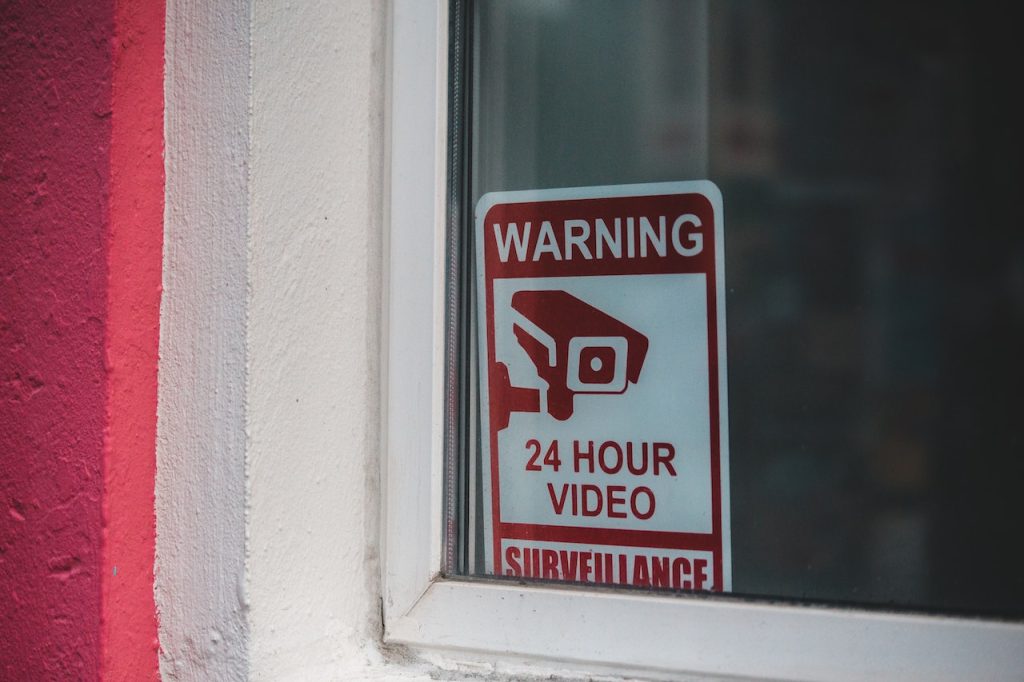Many people may need clarification on whether security cameras are permitted in Canada, even though they are a common way to safeguard property and discourage crime. As with many legal inquiries, the response is it depends. Canada has a complicated legal framework for security cameras that considers both federal and provincial legislation and distinctions between public and private locations.
The Legal Framework for Security Cameras in Canada
In Canada, federal laws regulate privacy and surveillance, but the precise rules and enforcement are up to the provinces and territories. The Privacy Act, which outlines the guidelines for the federal government’s acquisition, use, and disclosure of personal information, is the primary federal statute that addresses security cameras. Organizations in the private sector that collect, use, or disclose personal information during business are also subject to the Personal Information Protection and Electronic Documents Act (PIPEDA).
Each province and territory has its own laws and regulations governing security cameras in addition to federal ones. For instance, the Freedom of Information and Protection of Privacy Act (FIPPA) of British Columbia applies to public sector organizations. In contrast, the Personal Information Protection Act (PIPA) of Alberta applies to businesses in the private sector. Local government entities in Ontario are subject to the Municipal Freedom of Information and Protection of Privacy Act (MFIPPA).
It is important to remember that there are different security camera legislation for public and private areas. In public places, people typically have a lower expectation of privacy. Hence the laws governing the use of security cameras there may be laxer. However, people have more substantial expectations of privacy in private locations like homes and workplaces. Therefore security camera regulations may be more stringent there.
Also check: How to protect your property safe with night vision cameras?
Privacy Concerns and Best Practices
Regardless of the specific laws and regulations in place, it is important to consider privacy concerns when installing security cameras. The best practice is to obtain informed consent from individuals who may be captured on camera and to provide proper signage and notification. It is also essential to limit the collection, use, and retention of data to what is necessary and to ensure the security of the data collected.
Specific Cases and Examples
Residential Properties: In a private residence, homeowners have the right to install security cameras on their property. However, it is important to be mindful of the areas captured on camera, such as windows or shared spaces, and to obtain consent from any roommates or guests.
Businesses and Commercial Properties: Business owners have the right to install security cameras on their property to protect against theft and other crimes. However, obtaining consent from employees and customers and providing proper signage and notification is important.
Public Spaces and Government Buildings: Security cameras in public and government buildings are subject to different rules than in private spaces. These cameras may be installed for public safety reasons. Still, it is important to limit the collection, use, and retention of data and to ensure that individuals have been properly notified.
Conclusion
In summary, security cameras are not necessarily illegal in Canada, but the laws and regulations surrounding their use can be complex. It is important to consider federal and provincial laws and the differences between public and private spaces. Privacy concerns must also be considered, including obtaining informed consent and proper signage and notification. It’s always best to seek legal advice if you have any doubts.
References:
https://www.priv.gc.ca/en/privacy-topics/privacy-laws-in-canada/the-privacy-act/
https://www.ontario.ca/laws/regulation/120332
It’s important to note that these laws are subject to change, so it’s always best to seek legal advice if you need clarification on the specific laws and regulations in your area. Additionally, it’s always a good practice to consult with a lawyer or legal expert if you’re planning to install security cameras on your property.
Generally speaking, it is advisable to err on the side of caution and acquire informed consent from everybody who might be photographed, offer appropriate notice and notification, limit the collection, use, and retention of data, and ensure the security of the data obtained.
In conclusion, while security cameras are not illegal in Canada, it’s important to be aware of the laws and regulations surrounding their use and to take necessary steps to protect individuals’ privacy.

